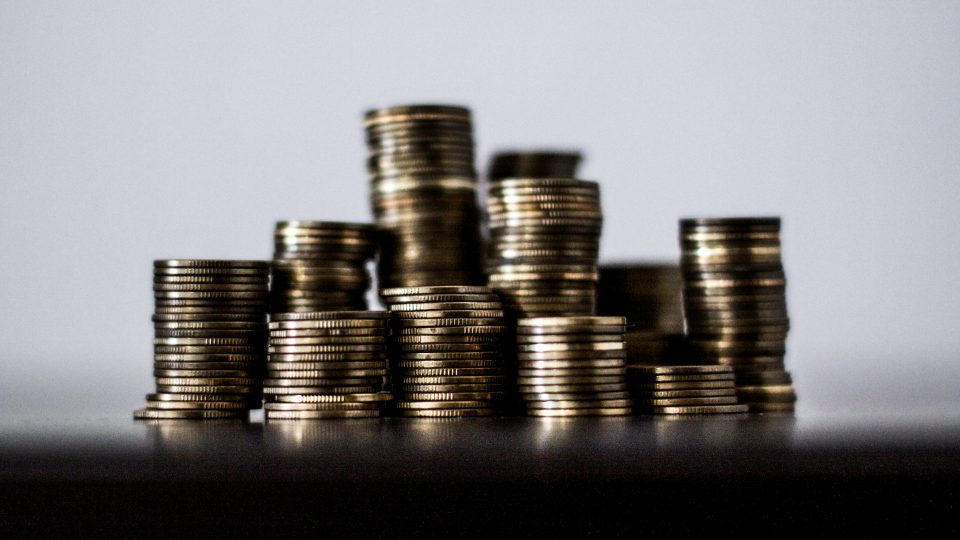Thailand’s economy saw a slight pick-up in the first quarter of the year, data showed on Monday, as the junta-run nation recovers from a dip caused by the recent death of its long-reigning king.
The first three months of the year saw gross domestic product expand 3.3 percent year-on-year, up from 3 percent the previous quarter.
Thailand spent the close of last year plunged into a period of national mourning after the October death of 88-year-old King Bhumibol Adulyadej whose reign spanned seven decades.
The subdued atmosphere hit consumption as the nation toned down celebrations and festivities as a mark of respect.
Government officials will continue to mourn for a full year. But the first-quarter growth suggests business sentiment has improved.
Porametee Vimolsiri, secretary general of the economic planning agency, said growth was fueled by “the agriculture sector, government spending and growth in the export sector”.
He said Thailand’s was expected to grow between 3.3 and 3.8 percent this year, compared with 2016’s 3.2 percent.
While those figures would bring delight to most western industrialized countries, Thailand still has one of the worst performing economies in Southeast Asia.
After two decades of roaring growth that saw the middle class boom, the nation has seen its financial fortunes stutter in recent years.
Political instability, including two army coups in a decade, coupled with high household debt and falling export competitiveness has dulled Thailand Inc.
If growth does not pick up the military, which seized power in 2014 vowing to kickstart the economy, risks losing the support of sections of the middle class and business community.
Much of the growth in junta-era Thailand now comes from tourism and state spending on large projects, many of which were delayed during the years of political chaos.
Critics say that kind of growth mainly benefits Bangkok, which already accounts for a hugely disproportionate share of the economy.
In a note to clients Capital Economics regional analyst Krystal Tan said she expected Thailand’s economy to “pick up a little further in the coming quarters.”
But she said high household debt and the ongoing specter of political instability continued to weigh on the country’s longer term prospects.




